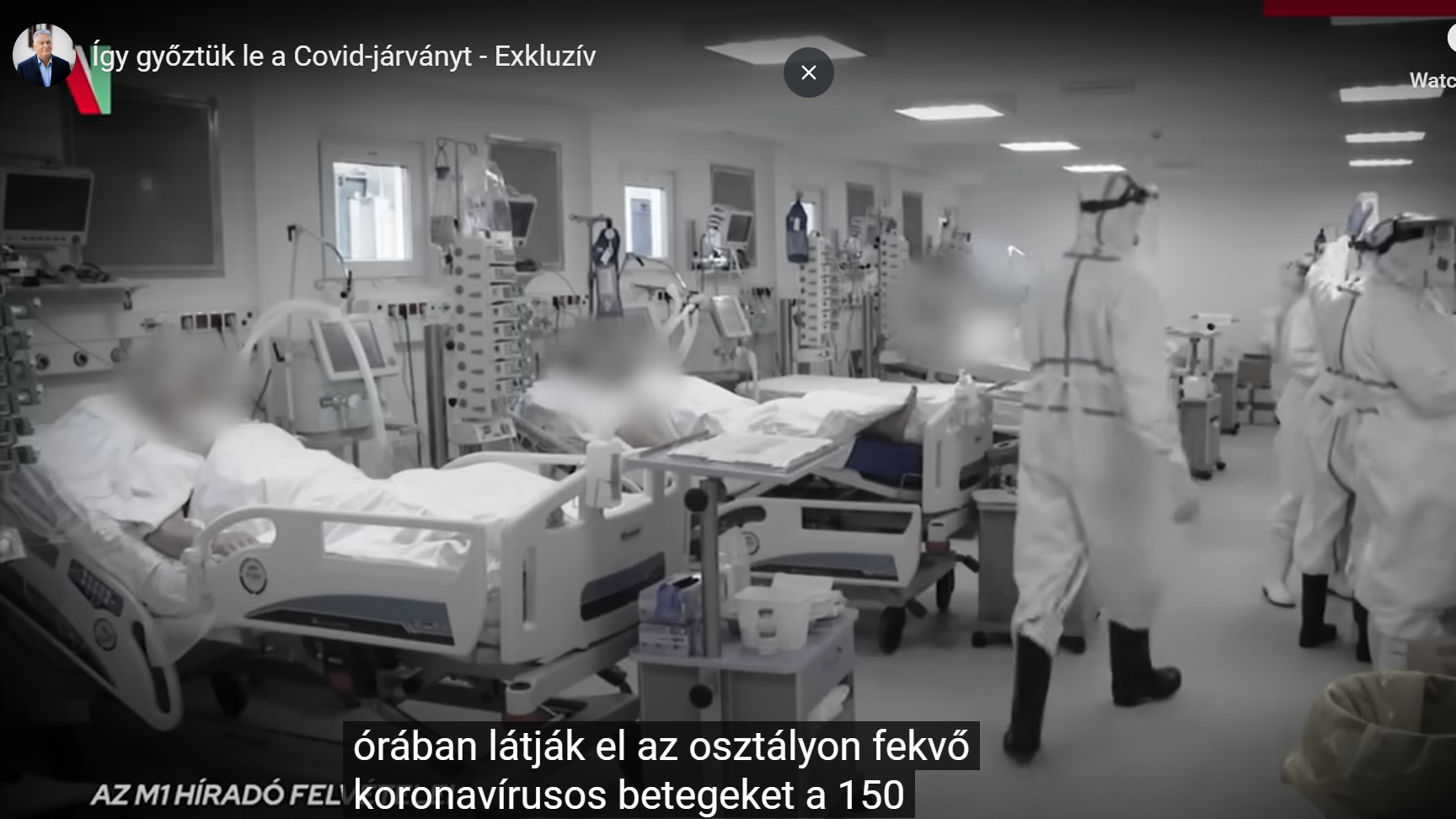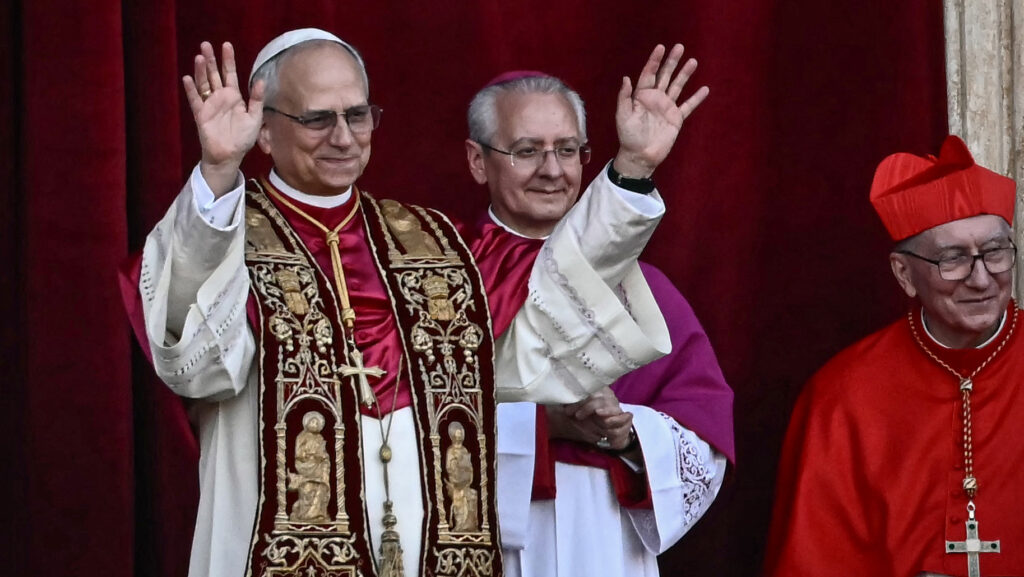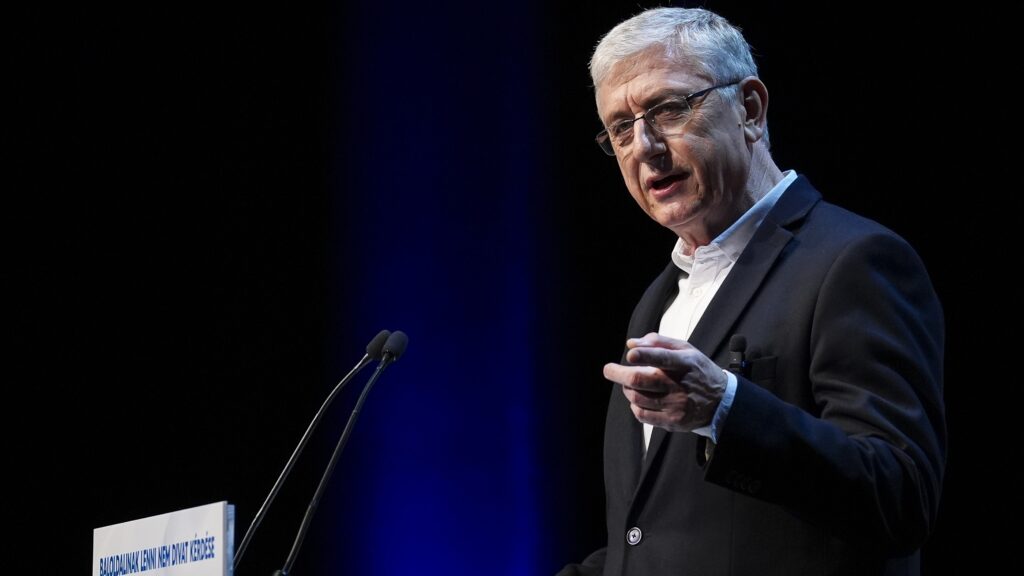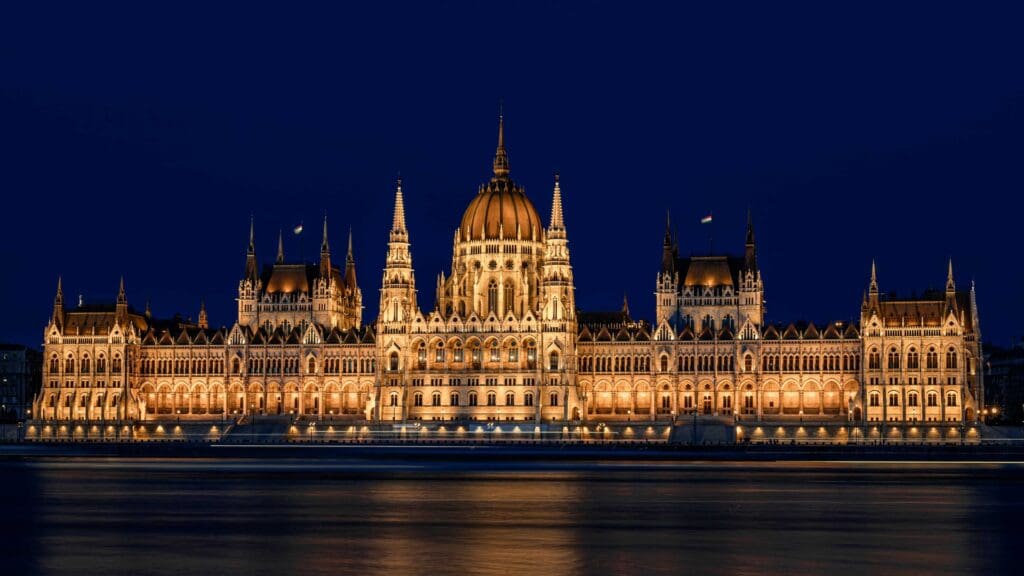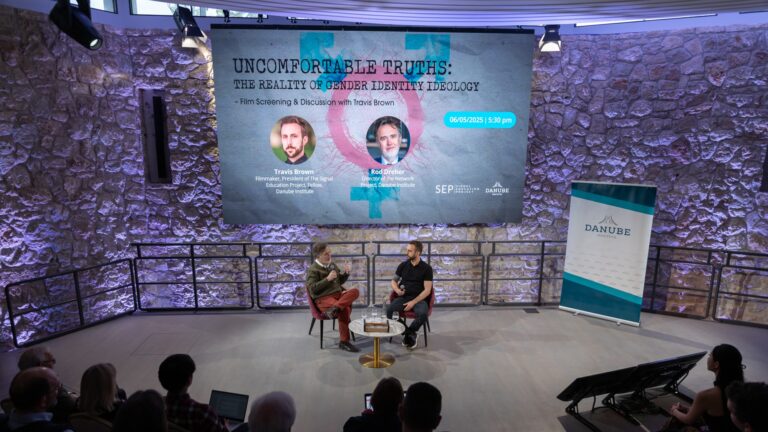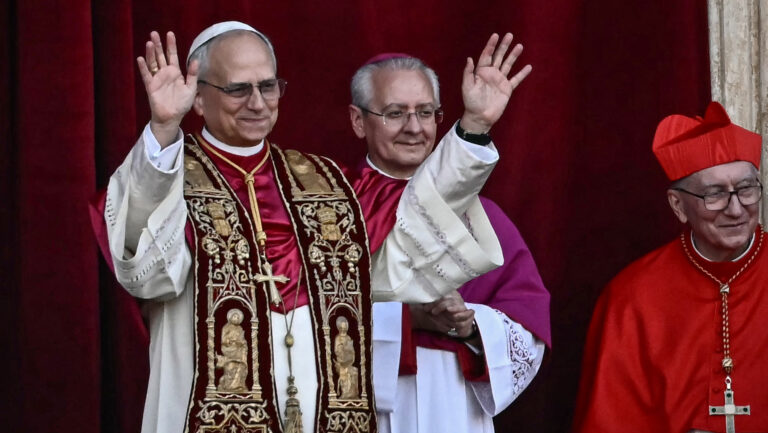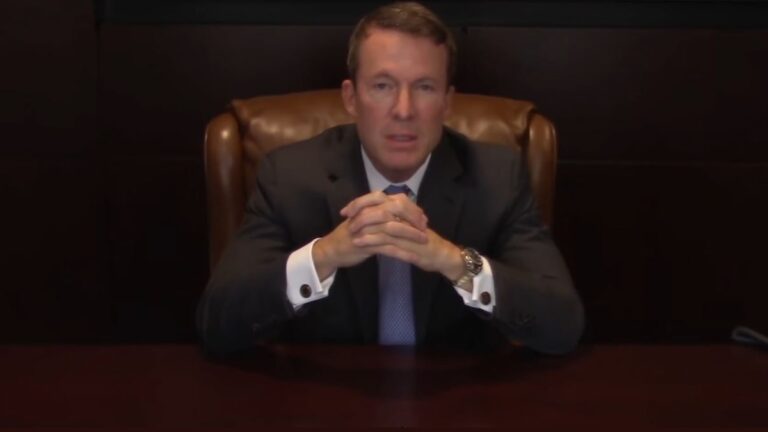On the fifth anniversary of the Covid-19 outbreak, Hungarian Prime Minister Viktor Orbán shared his reflections on the nation’s fight against the pandemic in a documentary titled How We Defeated Covid-19. Uploaded to his YouTube channel, the film offers a detailed account of Hungary’s crisis management, highlighting the resilience of its people and the tireless work of healthcare professionals, government officials, and other key actors.
The documentary showcases the critical moments of Hungary’s response, from the initial days of uncertainty to the point when the number of vaccinated citizens surpassed five million. Drawing on archival footage from the MTI, MTVA, and Semmelweis University, it brings to life the sacrifices and successes of those on the front lines. Orbán emphasized the importance of total defence against the virus, describing the situation as a fight for human lives. ‘This is not the club of cowards; it is the club of warriors. Whether it is a flood, a pandemic, or war, you have to stand by those in need—that is loyalty,’ he stated in the film.
Így győztük le a Covid-járványt – Exkluzív
Így győztük le a Covid-járványt – Exkluzív
The Prime Minister recounted the government’s decision to build its pandemic response around the Ministry of the Interior. Early on, hospital capacities were expanded, ventilators procured, and international supply chains secured, often under extraordinary circumstances. Foreign Minister Péter Szijjártó played a key role, assembling a team to locate and acquire essential resources, particularly in China. Szijjártó reflected on the high-stakes operations, calling the period ‘exciting yet filled with fear and doubt,’ as saving lives was the ultimate priority.
Orbán paid tribute to healthcare workers, particularly nurses and doctors, who risked their lives daily. He described their contributions as the most dramatic aspect of the pandemic. The film also includes a memorable moment where an ICU nurse jokingly calls the symptom-free Prime Minister ‘Superman’ during his hospital visit. The documentary features Orbán receiving his vaccine and underscores the government’s ongoing support for Hungarian communities beyond its borders. ‘A nation has no borders in times of crisis,’ Orbán stated, noting efforts to assist Hungarians living abroad.
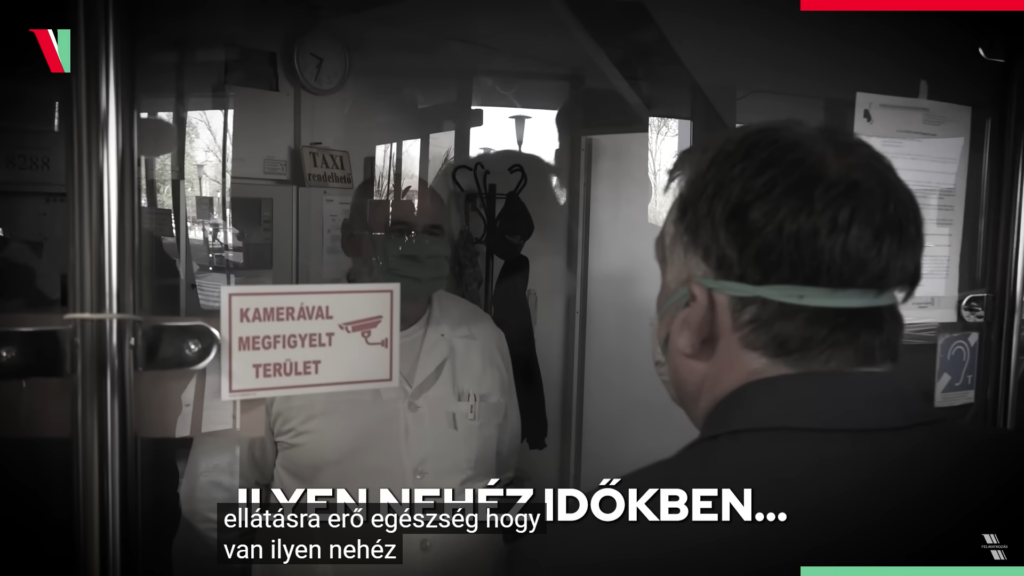
The film highlights the introduction of policies like the designated shopping hours for the elderly, which were widely respected. It also delves into the challenges of transitioning to digital education, with State Secretary Zoltán Maruzsa discussing the obstacles faced by teachers and students. A poignant moment in the film features Orbán’s meeting with Katalin Karikó, the Nobel Prize-winning biochemist behind mRNA vaccine technology. He praised her as a symbol of intellectual courage, underscoring the need for innovation even in the darkest times.
Drawing on the wisdom of Saint Stephen, Orbán remarked on the importance of understanding a nation’s unique character when leading during crises. ‘You cannot govern a nation or combat a virus without knowing and feeling the essence of your people—this understanding is rooted in history and culture,’ he said.
The documentary concludes with a powerful message: ‘When the crisis is great, Hungary never runs out of heroes. Respect to the everyday heroes!’ It stands as a testament to the country’s unity, courage, and determination during one of the most challenging periods in recent history.
Related articles:

